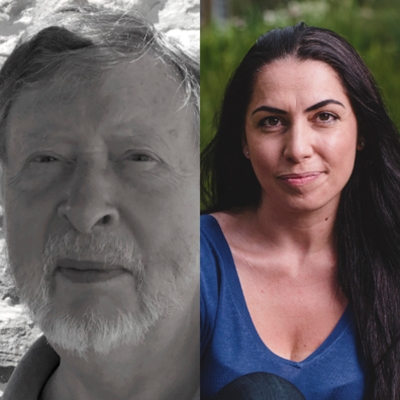Fewer than two per cent of the British population regularly attend services in an Anglican church, and since the idea of ‘church’ is its people, the buildings are becoming husks, without meaning or purpose. Some are finding new community roles, but the institutional decline is widely seen as terminal. For Morris, post-war parsonages were the happy backdrop of his childhood. In Evensong he explores what drew his father and hundreds like him to ordination as they came home from war in 1945. We meet archbishops, chaplains, campaigners, bell-ringers, bureaucrats, archaeologists, gravediggers, architects, scroungers – and follow some of them to dark places. Part personal odyssey, part lyrical history, the book spans two thousand years, and ends amid the messy legacies of colonialism and empire.
Stavrakopoulou’s God: An Anatomy reveals that God’s cultural DNA stretches back centuries before the Bible was written, and persists in society, whether we are believers or not. The Bible has shaped our ideas about God and religion, but also our cultural preferences, our concept of life and death; our attitude to sex and gender; our habits of eating and drinking; and our understanding of history. In her book she shows how the Western idea of God developed, investigating the places and artefacts that shaped our view of this singular God and the ancient religions and societies of the biblical world. In doing so she analyses the origins of Western culture.
